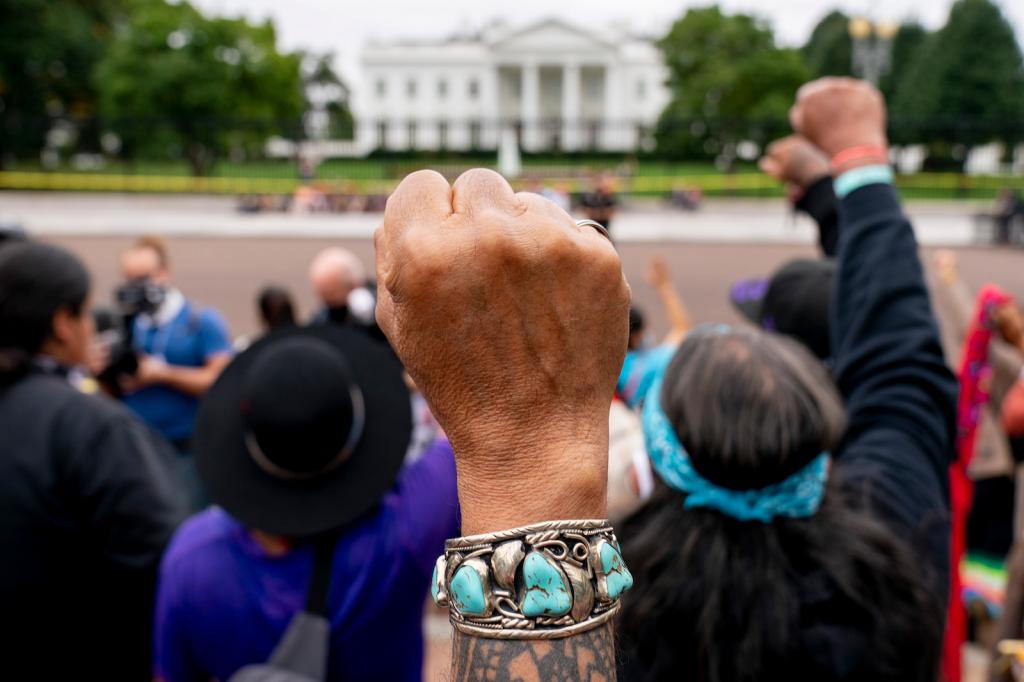Cross-posted at the NDN blog
—–
As the U.S. auto companies frantically search for ways to stave off bankruptcy, an interesting bit of news surfaced yesterday: Exxon Mobil’s profit in the last quarter was the highest of any company ever in history: $14.83 billion. The company is on track to make $50 billion or so this year.
To put this in perspective, GM is currently seeking about $10 billion from the government to enable it to merge with Chrysler, which GM says is vital to its survival. What used to be the world’s largest automaker is selling almost 1 million fewer cars than several years ago. GM is also seeking to draw down a $25 billion loan from the government designed to let it retool for more fuel efficient cars to help it weather the crisis.
Here are a few proposals to enable GM and the other automakers survive:
- Exxon Mobil might put up the $10 billion needed by GM and Chrysler to merge.
- Exxon Mobil could also lend GM the $25 billion it is seeking from the government.
- Exxon Mobil might just buy GM.
- Exxon Mobil might buy the entire U.S. auto industry.
There was a time when the oil companies and the auto companies were partners. In many ways that marriage made modern America, as each provided a complementary piece of the buildout of the American dream. In teaming up with the oil industry, the auto makers spurned Thomas Edison’s electricity industry, which survived supplying power for lights, buildings, and homes.
However, the relationship between the oil industry and the automakers has gotten a bit out of whack. One might even call it abusive.
The automakers are beginning to look to the utilities as suppliers of their energy but, if Exxon Mobil cannot step up to the plate, perhaps they should move a bit faster.
It remains to be seen if the utilities will treat the automakers any more kindly than the oil companies have, but they probably can’t treat them much worse.

